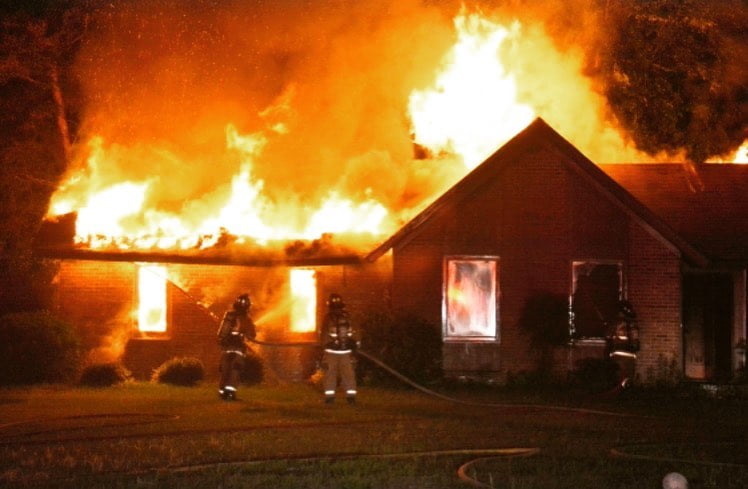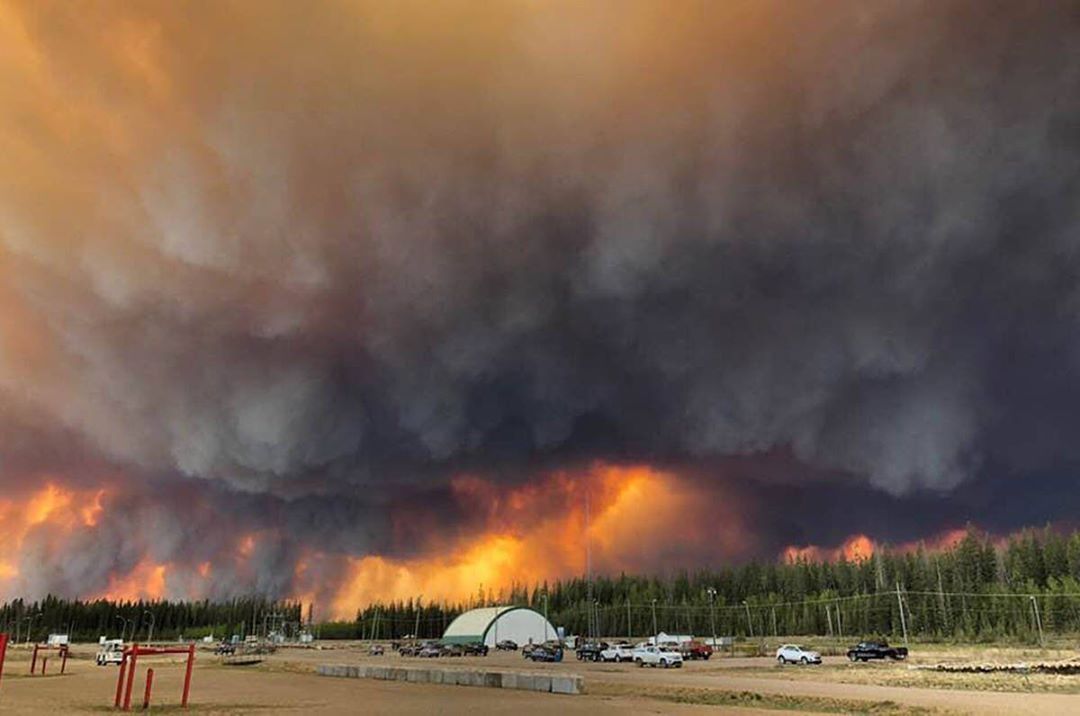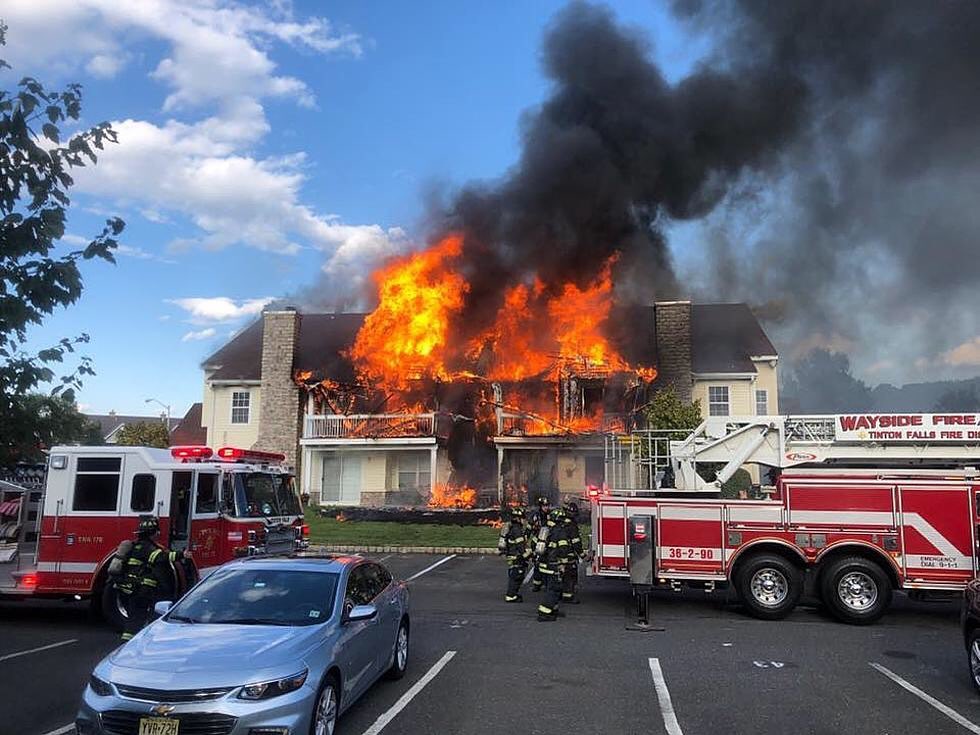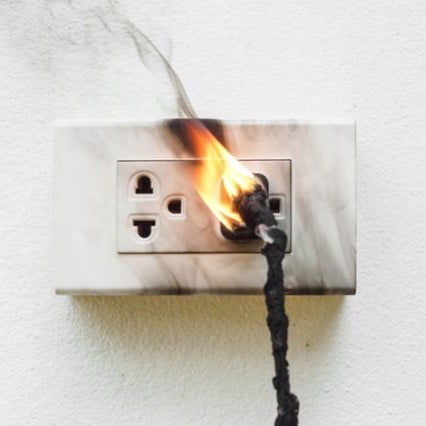
What Is Fire Insurance?
Table of Contents
Fire insurance is basically a type of insurance that covers the damage and loss due to fire. The Fire insurance policy helps to cover for the risk of damage to property due to accidentally or inadvertently fire. A fire insurance plan covers the damage that the guarantor may undergo during a specified period and because of the amount of damage or damage to the property or goods due to the fire, up to the agreed sum.
The policy requires the extreme amount, which the policyholder can claim in the case of damage. This sum is not a measure of loss. The analysis of the loss can only be done after the fire incident. The insurer is not liable to pay for the actual amount of loss over the maximum amount prescribed under the policy. What Is Fire Insurance
A fire insurance policy can’t be entrusted without the consent of the guarantor, as the insurer may have an insurable interest during the contract period along with the time of loss. Insurable interest in the goods
(i) Ownership
(ii) Acquisition or
(ii) The contract may arise.
Not only a person’s personal property or limited interest in the goods will get insured to cover their own interests, but also it will benefit others. In the case of fire under the fire insurance, these following individuals have the interests:
- Mortgagee
- Mortgage broker
- Owner
- Pawnee
- Pawnbroker
- Extrusive
- Consumer goods storekeeper
- Manager of government receivers or bankruptcy proceedings, etc.

What is Fire Insurance: Types
There are different types of policies in fire insurance, the person can choose according to their needs. Some notable fire insurance policies are mentioned below:
Specific Policy
In this policy, to ensure any damage, only one specific amount is covered, which is less than the actual value of the property. In a specific policy, a certain amount is insured on an asset and during the time of loss, it will be re-evaluated if the loss comes within the specified amount.
Valid Policy
In this policy, the insured agrees to pay a certain sum to the insured. The insurer and the insurer have already agreed on the price of the subject. Valid policies are usually released on art, images, sculptures and other such things whose value can’t be easily determined.
NOTE:
However, the amount payable under a valuable policy may be more or less than the actual property value.
Extensive Policy
A comprehensive policy is known in all as a policy because it involves many risks such as fire, war, strike, theft, etc.
Floating Policy
The floating policy involves the property located in different places against the loss of fire. Such a policy is generally preferred by a businessman whose goods are stored in warehouses or dock.
Replacement Policy
In this policy, the insurer pledges to pay the cost of replacement of the property damaged or destroyed. The insurer can change the asset instead of paying in cash. However, the new property should be similar to what is lost.
Average Policy
In this policy, the amount of cover is determined in the context of the value of the insured property. For a clear perspective, an average policy is calculated under this formula-
Claim = (Sum Assured / Property Value) * Actual Loss
For example – if a person gets only $ 10,000 for his valuable INR 10,000/- then, And the damage caused by the fire is INR 15,000/- then the amount of the claim paid by the insurer will be (10,000 / 20,000 * 15,000) = INR 7,500/-.

What is Fire Insurance: Coverage
In addition, on payment of additional premium, the following coverage can be selected:
- Expansion for Supplier
- Failure of public power supply or gas works or water works
- Extension for customer
- Extension of risk of defect
Recommended Articles :-
- What Is Livestock Insurance In India
- What Is Professional Indemnity Insurance India?
- What Are The Basic Functions Of Insurance?
- How To Buy LIC Policy Online Without Agent?
- What Are The Best LIC Policy For 10 Years?
- Which Policy Gives Maximum Return In India?

What is Fire Insurance: Exclusions
The loss due to fire due to earthquake, attack, work of foreign enemies, hostility or war, civil strife, riots, revolt, martial law, military ascendancy or rebellion or dissolution.
- Loss caused by an underground fire
- Damage due to the burning of possessions by order of a public authority
- Loss of theft during or after the fire
- The loss or damage to property due to its own boil or automatic combustion, i.e. an explosion caused by an international group in it
- Loss or damage due to light or explosion is not included. Unless it is due to the fact that the fire which spreads the fire, is not there

The following conditions should be met for the claim of loss by fire: –
- The loss should be due to actual fire or ignition, not because of high heat
- Awaiting reason for the loss should be a fire
- The loss or damage should be related to the subject matter of the policy
- The explosion should either be of goods or the premises where the goods are kept
- The fire should be accidental and not intentional
NOTE:
If the cause of the fire is a deliberate or malicious act of the covered or its agents, then the insurer won’t be responsible for the loss.